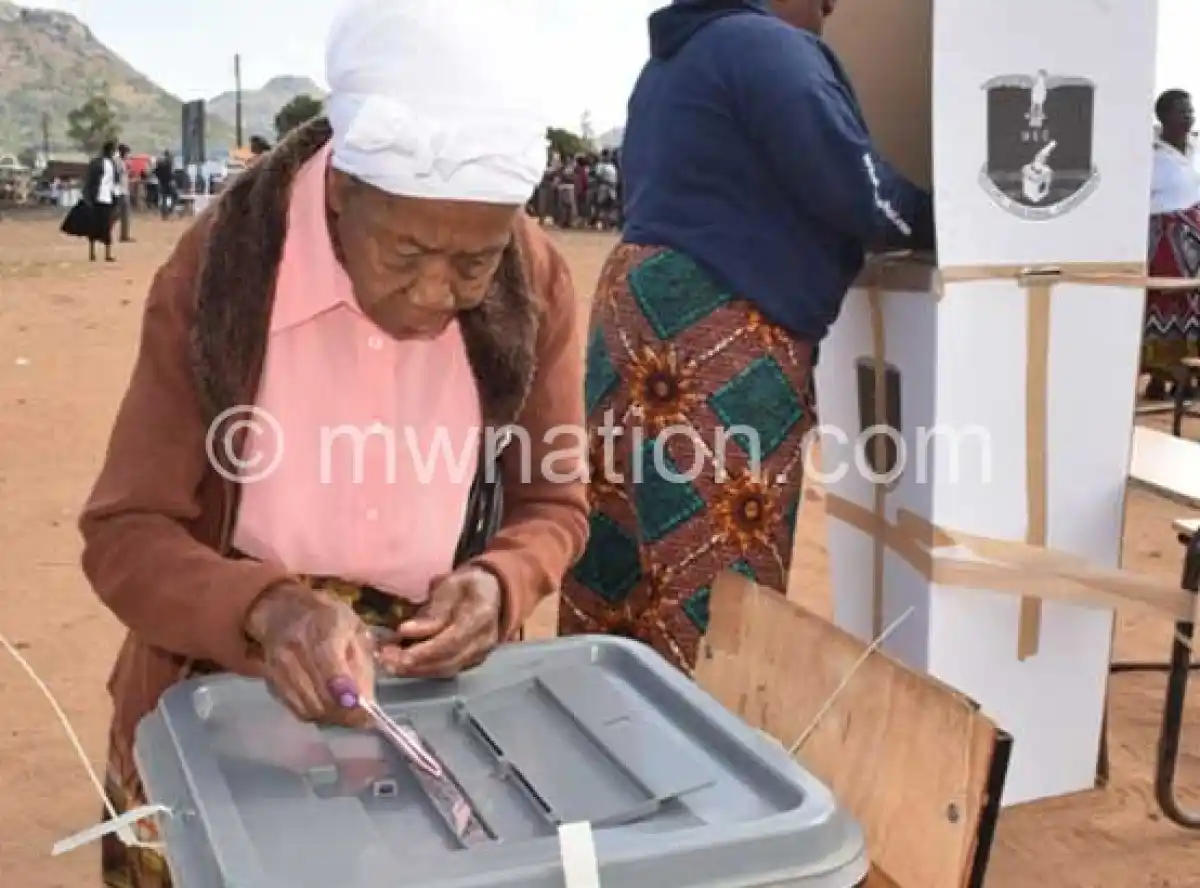
With about 20 months before Malawians go to the tripartite polls slated for September 2025, efforts are intensfying to help improve women‘s participation in the elections.
For years, women have been fighting for their place in leadership and politics.

In the previous six general elections, including the 2019 tripartite polls, women performed dismally such that their numbers in both Parliament and councils have been a source of concern for a country that is striving to promote and empower women.
Speaking in Lilongwe during an orientation for National Initiative for Civic Education (Nice) Trust gender officers from Karonga, Neno and Salima on ‘Nthawi Yawo’ governance project, Nice Trust board chairperson Lingalireni Mihowa said it is concerning that women have not fared well in all the past elections.
“Of much concern is that some districts actually did not produce even a single woman [member of parlianment] MP or councillor.
“This situation requires serious soul-searching and meaningful engagement for all stakeholders, including political parties and the traditional structures that shape our attitude towards women in politics and elections,” she said.
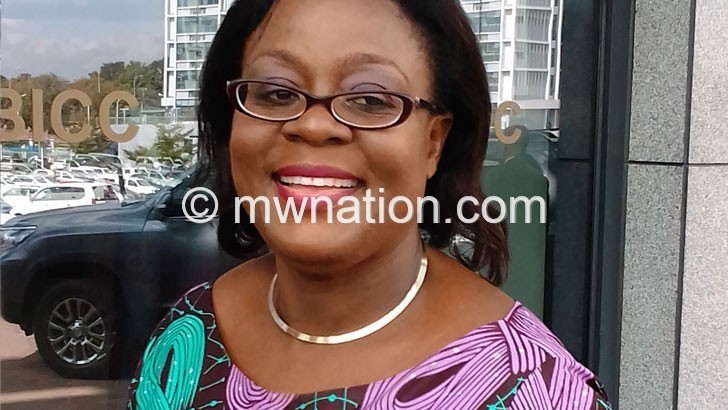
Funded by the United Nations Development Programme (UNDP) Electoral Support Programme to the tune of $100 000 (about K180 million), Nthawi Yawo project seeks to support women so that they participate and win in the 2025 tripartite polls.
The one-year project is being implemented by Nice and Centre for Civil Society Strengthening (CCSS) from November 2023 to October 2024.
Currently, women constitute 21 percent of the 193 MPs in the country, which not only makes change more difficult, but also implies that laws, budgets, and policies can produce discriminatory outcomes.
Gender equality campaigners argue that without equality in representation, the voices and perspectives of women cannot be fully reflected in the work of the Parliament.
Laws that are passed are biased against women and the focus of any government scrutiny is less likely to focus on issues important to women, they say.
In the 2019 polls, districts like Neno, Salima, Karonga, Chitipa Chirazulu, Likoma, Rumphi and Nkhotakota did not produce any female MP, while Balaka and Mchinji achieved the 50-50 mark with Zomba also doing well at 56-44 in favour of men.
The trend is also reflected in the composition of local councils with data from a few sampled districts showing that women are almost absent.
In 1999, women representation in the National Assembly was at about nine percent before improving to 15 percent and 21 percent in 2004 and 2009, respectively.
The 2014 elections saw a drop in the number of women MPs to 16 percent; there was a marginal increase to 23 percent in the 2019 elections which has since reduced to 21 percent.
For local government councils, in 2000, women constituted only eight percent of all the councillors in Malawi. They increased to 11 percent in 2014 before settling at 13 percent in 2019.
“What is evident from the figures is that the progression of women representation in the political arena over the past two decades of the country’s multiparty democracy has been far too slow, considering the 50-50 target campaign that Malawi has waged over the past years,” Mihowa said.
The slow progress is attributed to barriers created by patriarchal norms, the high cost of campaigning due to commercialisation of politics, gender blind governance systems within political parties, and gender inequalities.
“So our eyes are on the 2025 elections. We want to see that there is an improvement on women representation in politics in line with the many gender protocols which Malawi is a signatory to.
“This is why we are launching ‘Nthawi Yawo’ project which proposes a breaking-the-barrier response designed to capacitate women and young women to participate meaningfully to enhance effective influence on political and decision-making position processes,” Mihowa said.
She said the 2025 elections are another opportunity that must be utilised to increase the number of women in political leadership.
Mihowa said: “We seek to see an increased number of women and young women vying and winning in the 2025 Tripartite Elections in the targeted districts.”
She said the project will support campaign school training and that aspirants will be supported with coaching and mentorship sessions by experienced women politicians and male champions.
“We will also support community radio talkshows and distribute civic education materials to encourage women and young women to register with political parties and for many of them to vie for elective posts.
“In addition, the project will ensure that policies advocating for women’s concerns, their political participation and representation are passed and adopted by relevant political actors and the parties will be supported to orient and popularise the guidelines to their party structures.”
Malawi is a signatory to various protocols that seek to promote women’s participation in politics and general decision making processes including the Beijing Platform for Action, which calls for equal participation in decision-making and leadership.
Equally, the 2030 Agenda for Sustainable Development underscores the need and urgency to achieve gender parity in leadership, calling for “women’s full and effective participation and equal opportunities for leadership at all levels of decision-making in political, economic and public life”.
Locally, the Gender Equality Act prescribes promotion of gender equality, equal integration, influence, empowerment, dignity and opportunities, for men and women in all functions of society.
Principal Secretary in the Department of Civic Education and Unity Elizabeth Chindevu Gomani said even though there are many laws and policies in place to protect women’s rights, they are poorly implemented because society and social institutions do not fundamentally support them.
She said: “Malawi needs to decisively deal with the vice that women cannot be leaders and particularly in politics.This belief has to be challenged because it has the potential to affect the realisation of the aspiration of inclusive wealth creation and attainment of self-reliance as reflected in the Malawi 2063.
“Politics is not exclusively a men’s arena; rather it is a space for representatives of all ages, genders, races, and ethnicities to come and make decisions together. It would be imperative to make the political environment more fair, competitive, respectful of human rights, and inclusive.”
Gomani said the Nthawi Yawo project underscores the fact that women can only make significant strides in politics if society addresses the bottlenecks that are prevalent at the grassroots as opposed to smaller gains that can be made with efforts concentrated at the national level.
“The project will assist to tackle stereotypes and norms that enforce the view that women cannot be leaders. It will also promote dialogue with community and political party leaders and seek ways for policy and legislative change to open platforms for inclusive participation.
“It is also pleasing that the project’s objective seeks to concretise the provisions of the Gender Equality Act of 2014 and the government is highly committed to supporting all efforts under this project,” she said.
Gomani expressed hope that the funding from UNDP will complement government’s efforts under the Human Capital Development enabler in Malawi 2063 which seeks to reduce gender inequalities with emphasis on the empowerment of women and girls.
Isaac Otieno, UNDP chief technical adviser on elections, said the gender discrepancies in political participation are not unique to Malawi, pointing out that the problem is common in many other African countries.
“It is a problem of structures, inequality and the way we treat and perceive women. Malawi needs to explore all the ideas, including quotas, affirmative action and anything that can work in the country. It is for Malawians to choose.
“Here at UNDP, there is a commitment not to leave anybody behind. We believe women play an integral part in development and change,” he said.
He said the UNDP’s Malawi Electoral Support Programme is committed to work with institutions, including the civil society so that Malawians get to engage in electoral politics.
“We have another pillar of inclusion. We want women, youths and persons with disabilities to engage in politics and elections in an informed way.
“So, the inclusion pillar is basically around civic and voter education with the objective that people should get involved in an informed way in the electoral system,” he said.



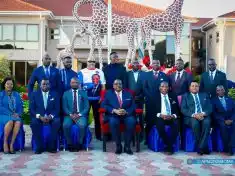

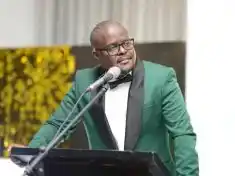

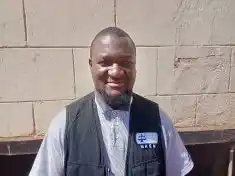
0 Comments